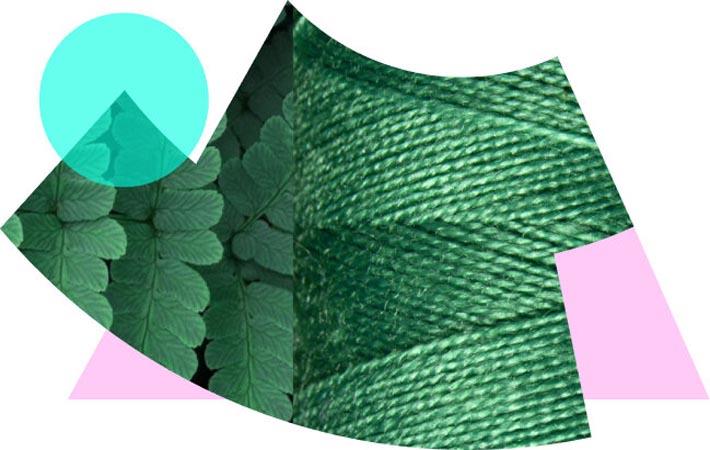Fashion Positive has framed the first-ever Circular Materials Guidelines to help various sectors of the fashion industry move beyond commitments and progress towards circular fashion. The guidelines will help align the apparel, footwear, and textile industries on what circular fibres are and how design can help incorporate these into circular fashion.
Circular fibres and yarns are critical to developing clothes and footwear that are cleaner, safer, and designed for the highest value and long-lasting use, meaning designed for the circular economy. In a circular economy, products are designed to be effectively disassembled for reuse or to be remade, and ultimately recycled or, where relevant, composted, for a new life. Designing for the circular economy reduces the massive negative impact the fashion industry has on the planet and people.Fashion Positive has framed the first-ever Circular Materials Guidelines to help various sectors of the fashion industry move beyond commitments and progress towards circular fashion. The guidelines will help align the apparel, footwear, and textile industries on what circular fibres are and how design can help incorporate these into circular fashion.#
By some estimates, the fashion industry produces up to 10 per cent of global carbon emissions, consumes 79 trillion litres of water, and generates 92 million metric tons of waste every year in the current take, make waste model. Innovators, brands, and manufacturers are working to change. However, until now, there has been a lack of alignment on the requirements necessary to design for the future circular system.
The Circular Materials Guidelines will enable innovators, manufacturers, and brands to design for the scale of safer, cleaner fibres that build a more resilient fashion industry.
Fashion Positive has developed the Circular Materials Guidelines in close collaboration with industry stakeholders. The guidelines define a roadmap through “better” and “best” recommendations to incorporate recycled or reclaimed feedstock into fibre content, address chemical safety, cleaner water, and renewable energy. The aim is to enable materials to be circulated for endless use rather than ending up incinerated or in a landfill to further pollute the planet.
“The fashion industry won’t survive anymore in a ‘make, take, waste’ approach,” said Megan Stoneburner, director of Sustainability and Sourcing at Outerknown. “Companies need to implement long-term sustainability strategies that meet ambitions for a circular economy. Fashion Positive’s Circular Materials Guidelines are critical to helping the industry and leaders align on expectations and systems required to start moving towards circularity and creating systems change.”
“These guidelines are the first step on the road to more circular fibre creation and use. We are not looking to create new or different requirements that are hard for the industry to meet. Rather we are looking to harness the great work taking place to make the industry cleaner, safer, and more resilient. Through the guidelines, we will help create coherence and a roadmap to drive a path toward action, innovation, and systems change. The Circular Materials Guidelines help us have a common language so we can move together faster,” said Sasha Radovich, executive director of Fashion Positive.
“The Circular Materials Guidelines will help the different sectors of the industry make decisions, set goals, and continuously improve,” said La Rhea Pepper from Textile Exchange. The guidelines are a critical tool to help the industry collaborate vertically and horizontally to create the massive systems change that will be required to go from a linear system to a circular one.
"These guidelines are critical for the industry to actualise circularity beyond commitments. As innovators, it is crucial that we have a circularity blueprint that has been developed collaboratively with key stakeholder brands. It presents us with clear targets and guidelines while providing confidence to the investor community that there is a tangible path forward," said Peter Majeranowski, president and co-founder of Tyton BioSciences.
ALCHEMPro News Desk (SV)
